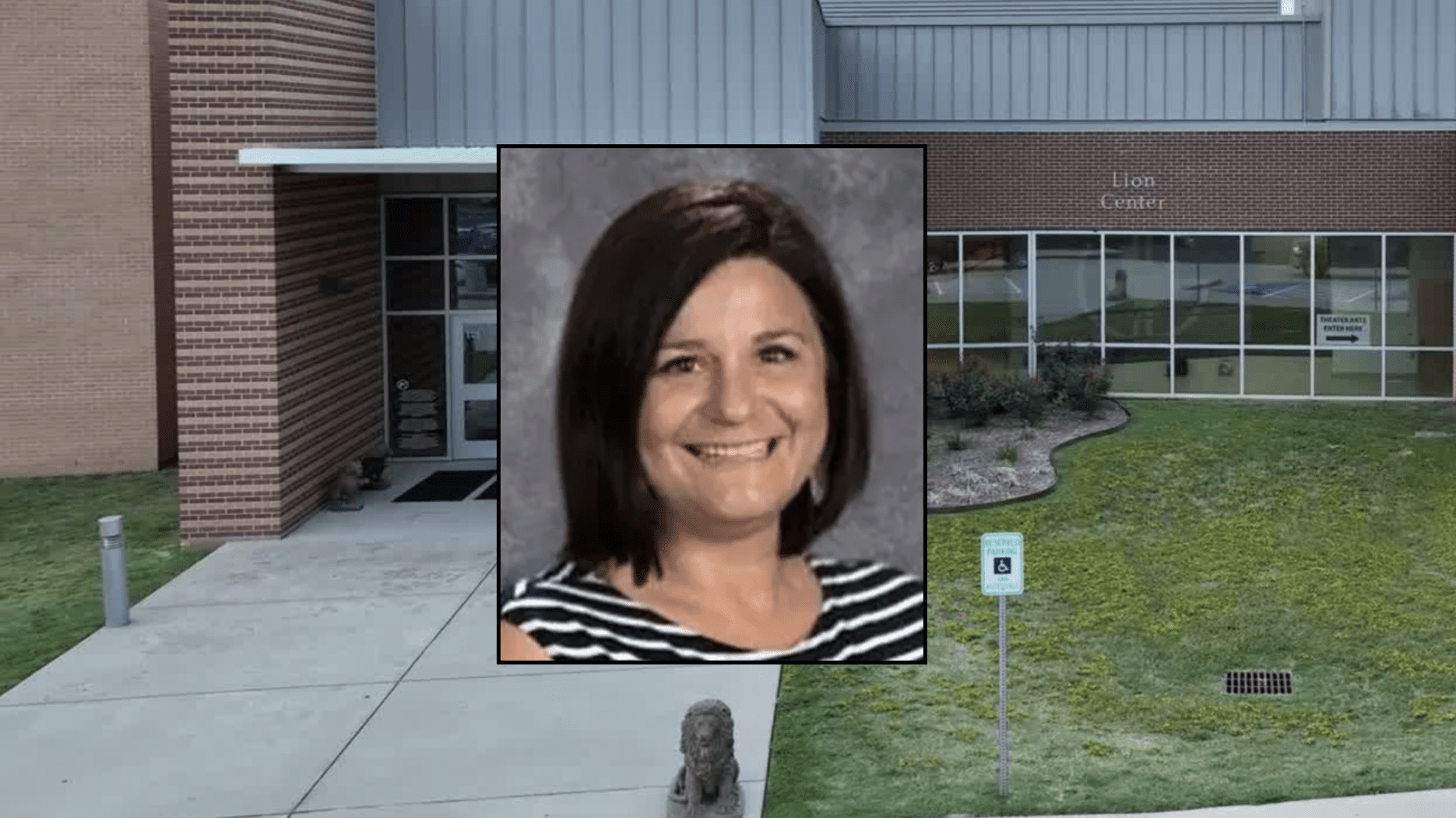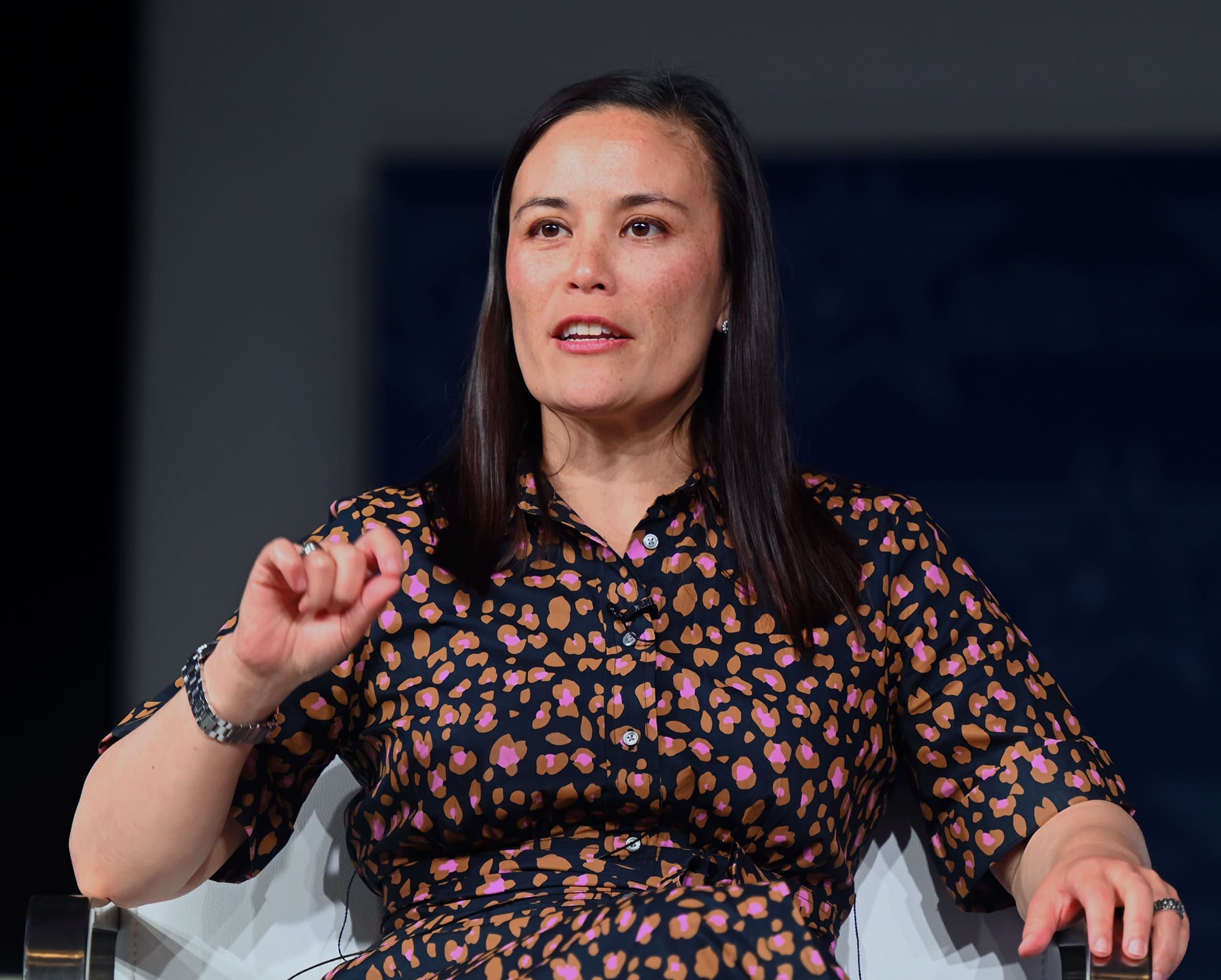Fort Bend ISD school board trustees learned Monday that the $1.2 billion bond which voters approved in May of 2023 is $133 million short of being able to cover the costs of all of the proposed bond projects.
Dr. Marc Smith, FBISD’s newly-appointed superintendent, told the board that he started to have meetings and investigate the status of the bond because of questions from some of the trustees. Smith, along with many district staff, is new, so he made a point to say that they were not there for many of the decisions made regarding the bond spending and projections.
Deputy Superintendent Steven Bassett, one of the few who had been with the district throughout this entire period, opened with “the problem is we have a shortfall with our budget … we’re looking at $132 million currently, but there’s ways that could go down and there’s the potential it could go up.”
Bassett said that in November, the design and construction team asked the consulting team for planning factors. They wanted to know about square footage assumptions for new schools and the square footage price per square foot. However, the information wasn’t used, and planning assumptions were not modified.
“Had we acted on the information received by the consultant we would have come to the board and asked for more to add to the budgets,” Bassett said during the meeting. “The budget for those should’ve been closer to $600 million … and there’s a gap of $93.6 million dollars.”
However, these numbers were estimates—not actual numbers—used by planning.
In actual numbers, they are looking at a $72 million shortfall on major projects and a $60.6 million shortfall on renovation packages, combined coming in at a $132.6 million design and construction shortfall.
Dan Bankhead, executive director of design and construction, spoke about the inflation cost.
“Houston is experiencing some of the highest inflation in the entire country,” Bankhead said. “Even though the cost of living here in Texas is still a little bit lower than the rest of the country, the inflation rate is climbing faster than the rest of the country.”
He mentioned ceiling tile, copper wiring, and ceiling grid costs all increasing between 5-20 percent, the cost of transporting freight increasing by 15-20 percent, and the costs of labor increasing. Bankhead also pointed to Russia’s war against Ukraine and the Japanese earthquake at the beginning of the year as being a part of the problem.
“We have two wars going on, and Japan just had an earthquake. Japan is one of our major exporters of steel. Russia is a major exporter of aluminum and copper ore … and it turns out that Ukraine is where a lot of electronics are made,” said Bankhead.
He also pointed to the building of Texas Medical Center 3, new construction in the medical center, and other school districts and cities calling for bonds at the same time, as reason for FBISD having limited prospects for construction companies in the area.
Some of the options laid on the table to address the bond’s budget gap are using other district funds, like issuing debt earlier and getting interest income, pulling it from the general fund or land sales, or repurposing existing grants.
“Everything is on the table from a funding perspective,” Bassett said. They also mentioned adjusting the scope or delaying the life cycle of some of the projects and deferring projects to a future bond.
The administration will be providing monthly updates to the board on the status of the bond and allow them to track how they are trending “on all scopes” as they sort through the issue.
No ads. No paywalls. No government grants. No corporate masters.
Just real news for real Texans.
Support Texas Scorecard to keep it that way!




